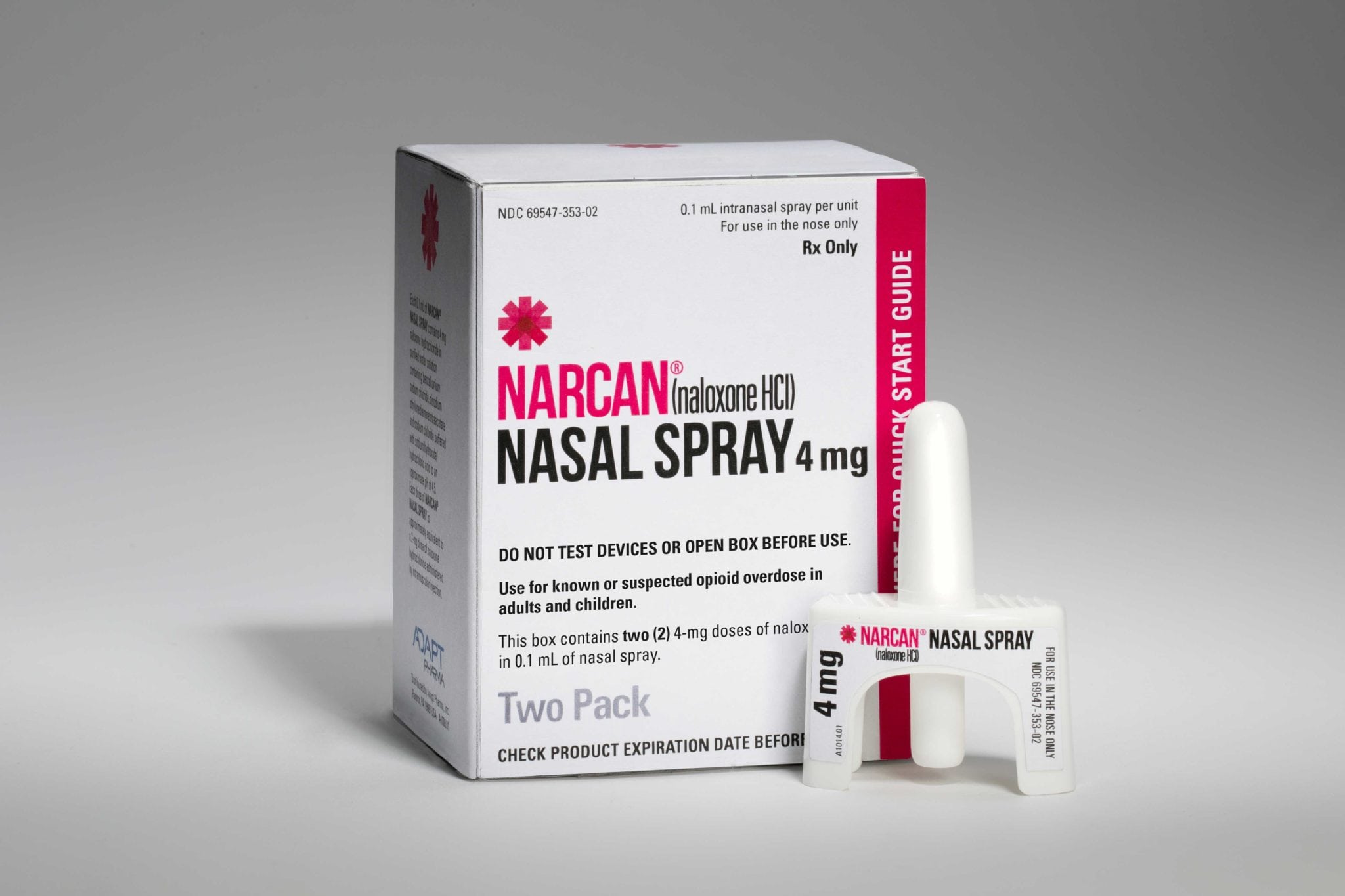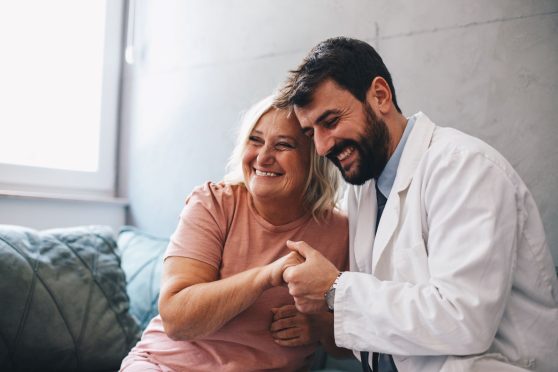When Julio Santos woke up in the emergency room after an overdose, he saw John Potter, a clinical manager from Rushford.
After meeting with Potter, Santos entered the MORR (Meriden Opioid Referral for Recovery) program and credited the MORR team with saving his life. In this video, Santos recounts his past experiences with drugs and his road to recovery.
MORR — funded by a four-year, $2 million federal grant from the Department of Health and Human Services Substance Abuse and Mental Health Services Administration (SAMSHA) — provides first responders with Narcan to reverse the effects of opioid overdose. First responders are then empowered to connect appropriate people with the Rushford MORR team for follow-up assessment, clinical treatment and case management services that are critical in the days after an overdose. Since the program launched in 2019, it has seen 150 referrals.
In Connecticut, state health officials in December projected more than 1,300 overdose deaths in 2020, up from 1,200 in 2019. According to the CDC, there have been 26.5 percent more deaths involving cocaine and 34.8 percent more deaths involving psychostimulants such as methamphetamine during the pandemic.
With overdose deaths at an all-time high, the team behind MORR is educating the public on the importance of calling 911 during a suspected drug overdose and the meaning of Connecticut’s Good Samaritan Law.
“Anyone should feel comfortable calling 911,” said Johnisha LaFrazier, LMSW, a clinician in the MORR program. “If you are in partnership with anyone who has overdosed, you will not get in trouble, you will not get arrested. There are no repercussions, no consequences behind that. You also saved a loved one’s life.”
Rushford and the Hartford HealthCare Behavioral Health Network offer Medication Assisted Treatment Close to Home (MATCH) programs for treatment of addiction to drugs or alcohol.


